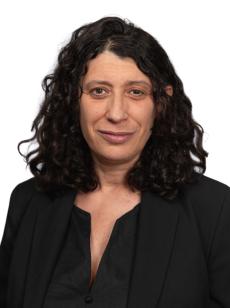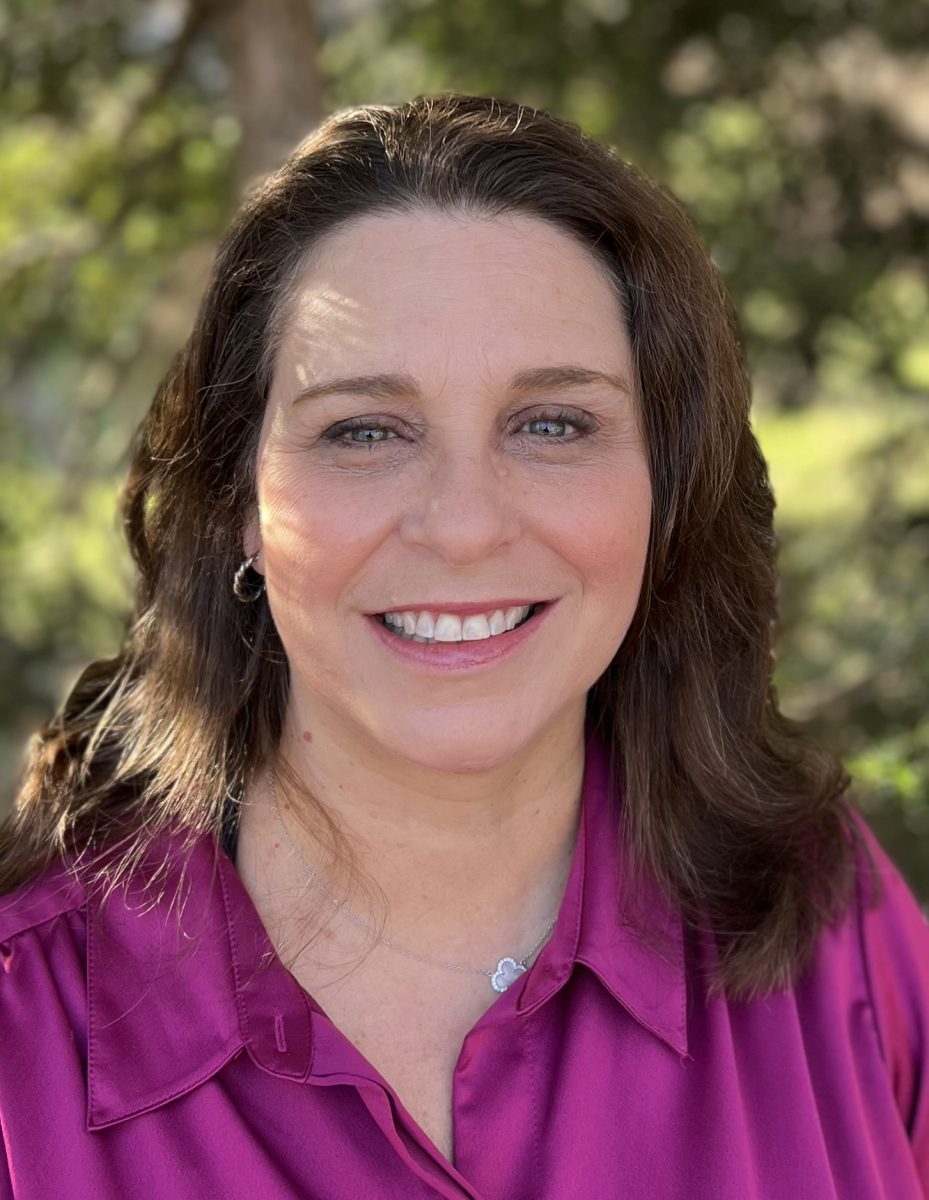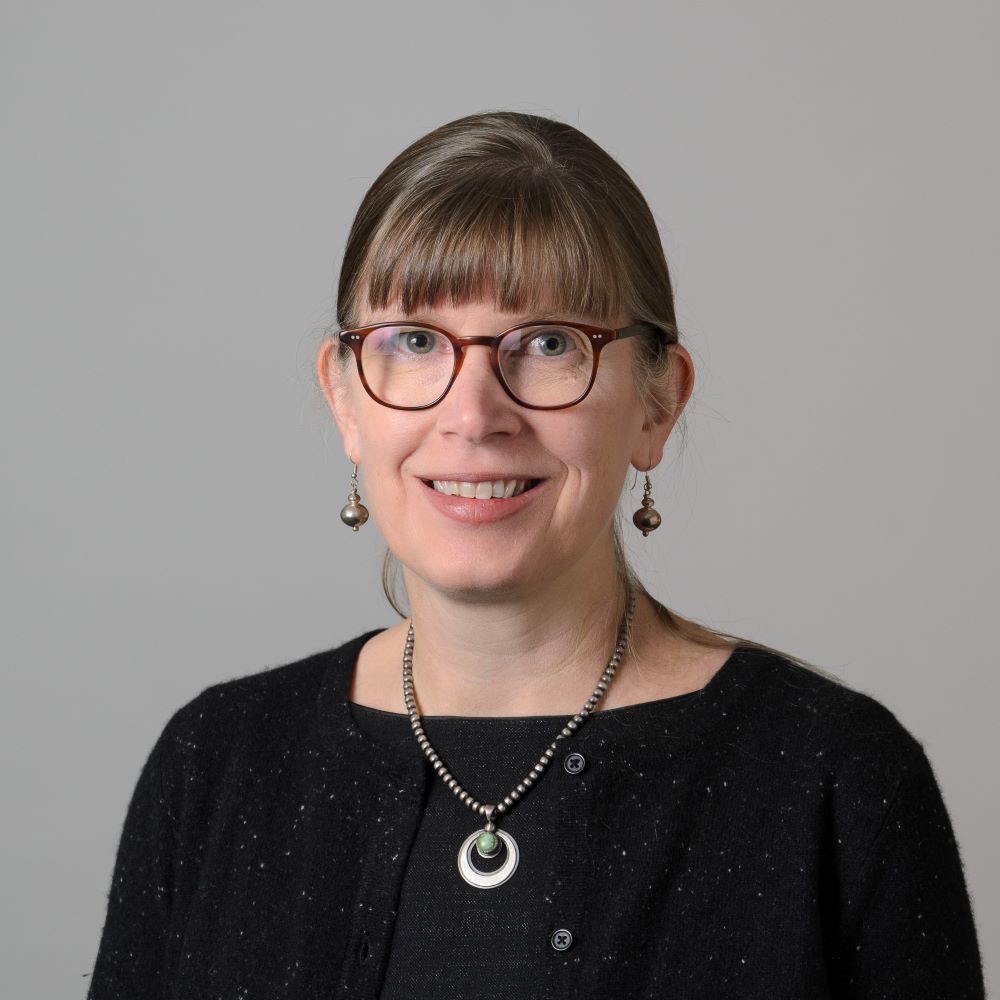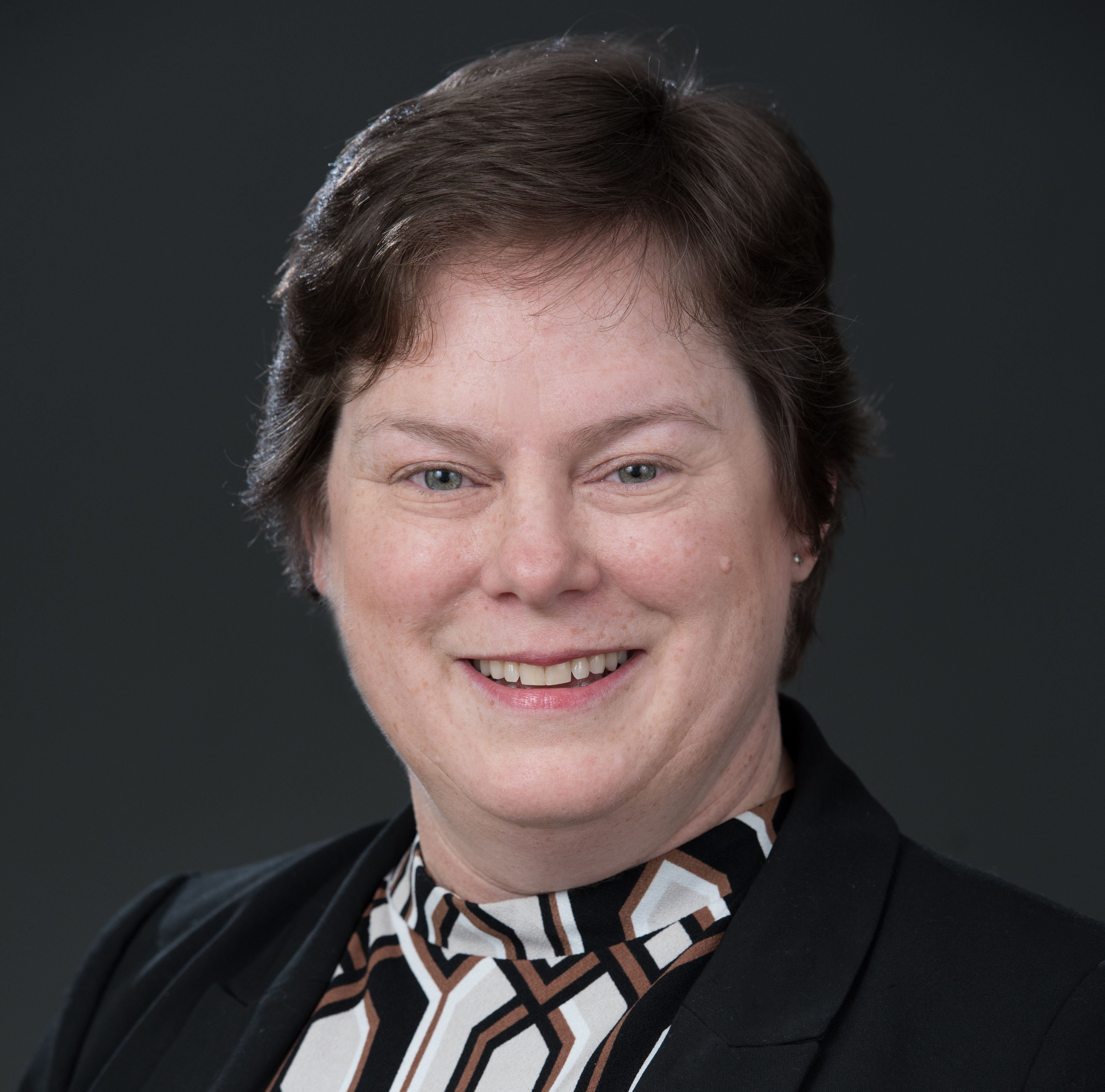Twenty-five School of Social Work faculty, Ph.D. students, and MSW students will share their collective research through 27 oral and ePoster presentations and two symposia at the Society for Social Work and Research (SSWR) 28th Annual Conference in Washington, D.C. from January 10 to 14. The theme of the Conference is “Recentering & Democratizing Knowledge: The Next 30 Years of Social Work Science.” The research presented by the SSW community comprises a variety of topics, including foster care, LGBTQIA+ youth, substance abuse treatment, mindfulness-based intervention, and gender-affirming care, among many others.
Thursday, January 11
Time: 1:30 – 3:00 PM
Symposium: Integrating Participatory Methods with Intervention Science: Unlocking Community Power to Co-Create Health Solutions
Location: Marquis BR Salon RM: 14, ML 2
Organizer and Author(s): Caitlin Elsaesser, PhD
- Time: 1:30 – 3:00 PM
Symposium Presentation: Co-Designing a Mindfulness Based Intervention with Street Outreach Workers and Youth: The Power of Participatory Action Research to Drive Solutions
Location: Marquis BR Salon RM: 14, ML 2
Author(s): Caitlin Elsaesser, PhD; Jolaade Kalinowski, Ed.D; Jeffrey Proulx, PhD; Kim Gans, PhD, MPH; Jacquelyn Santiago Nazario.
- Time: 1:30 – 3:00 PM
Symposium Presentation: Building Political Power with "Third Citizens:" A Participatory Pilot Project to Co-Transform and Implement the Voter Engagement Model with Formerly Incarcerated Peoples
Location: Marquis BR Salon RM: 14, ML 2
Author(s): Sukhmani Singh, PhD; Joshua Adler; Tanya Rhodes Smith, MSW; James Jeter; Urania Petit*; Fernando Valenzuela*.
- Time: 1:30 – 3:00 PM
Symposium Presentation: Community-Based Participatory Action Research with LGBTQIA+ Youth in the Time of COVID-19: Findings from a Collaborative Autoethnography
Location: Marquis BR Salon RM: 14, ML 2
Author(s): Gio Iacono, PhD; Leah Holle, MAR, LCSW, CEDS; Emily Loveland, MSW; Breana Bietsch, MSW; Jamie Smith, MSW, LCSW-C; Shelley Craig, PhD; Evan Horton*.
Time: 3:15– 4:45 PM
Symposium: From Calyouth to Tay-Hub: Advancing Research and Support for Transition-Age Youth in Foster Care
Location: Marquis BR Salon RM: 13, ML 2
Organizer and Author(s): Andrea Eastman, PhD; Mark Courtney, PhD.
- Time: 3:15– 4:45 PM
Symposium Presentation: Does Transition Planning Increase Service Use Among Older Adolescents in Foster Care?
Location: Marquis BR Salon RM: 13, ML 2
Author(s): Nathanael Okpych, PhD; Justin Harty, PhD; Mark Courtney, PhD; Sunggeun (Ethan) Park, PhD.
- Time: 3:15– 4:45 PM
Symposium Presentation: Distinct Subgroups of Care-Experienced Youth and Their Outcomes in Early Adulthood: Results from a Latent Class Analysis
Location: Marquis BR Salon RM: 13, ML 2
Author(s): Nathanael Okpych, PhD; Mark Courtney, PhD; Sunggeun (Ethan) Park, PhD; Justin Harty, PhD; Keunhye Park, PhD.
- Time: 3:15– 4:45 PM
Symposium Presentation: Risks of Incarceration: Impact of Social Support Networks in the Transition to Adulthood
Location: Marquis BR Salon RM: 13, ML 2
Author(s): Keunhye Park, PhD; Mark Courtney, PhD; Andrea Eastman, PhD; Nathanael Okpych, PhD.
- Time: 3:15– 4:45 PM
Symposium Presentation: Examining Parenting Foster Youth Status and Outcomes at Different Ages: Implications for Tailored Interventions and Support for Parents in State Care
Location: Marquis BR Salon RM: 13, ML 2
Author(s): Justin Harty, PhD; Nathanael Okpych, PhD; Sunggeun (Ethan) Park, PhD; Mark Courtney, PhD.
Friday, January 12
Time: 8:00 – 9:30 AM
ePoster Presentation: Collective Trauma, Resilience, and Healing: Violence Street Outreach Workers and Black and Brown Youth Moving through a Healing Justice Framework
Location: Marquis BR Salon RM: 6, ML 2
Author(s): Maritza Vasquez Reyes, MA, LCSW, CCM; Caitlin Elsaesser, PhD; Emory Fairchild, MSW*.
Time: 8:00 – 9:30 AM
Presentation: Creating Institutional Infrastructure to Advance Health Equity through Community Engagement
Location: Independence Ballroom RM: H, ML 4
Author(s): Linda Sprague Martinez, PhD; Rebecca Lobb, ScD, MPH; Jennifer Pamphile, MPH; Deborah Chassler, MSW; Melanie Rocco, MSW, MPH.
Time: 8:00 – 9:30 AM
Presentation: Assessing the Impact of a Blended Payment Model on Client Termination from Substance Use Treatment
Location: Liberty Ballroom RM: I, ML 4
Author(s): Daniel Baslock, MSW, PhD; Yuanyuan Hu, MSW; Patrick del Giudice-Walsh; Jennifer Manuel, PhD.
Time: 9:45 – 11:15 AM
Presentation: Relationships between Disordered Eating and Family, School, and Community Contexts Among LGBTQ+ Youth in Kansas
Location: Liberty Ballroom RM: O, ML 4
Author(s): Meg Paceley, PhD; Briana McGeough, PhD, MSW; Jennifer Ananda, JD, MSW; Michael Riquino, PhD, MSW; Jennifer Pearson, PhD; Liz Hamor.
Time: 9:45 – 11:15 AM
ePoster Presentation: The Negotiation and Resistance of Stigma Among Online Male Sex Workers
Location: Marquis BR Salon RM: 6, ML 2
Author(s): Alberto Cifuentes, Jr., MSW
Time: 9:45 – 11:15 AM
ePoster Presentation: Using Mobile Phone Technology to Assess Substance Use Outcomes and Promote Recovery
Location: Marquis BR Salon RM: 6, ML 2
Author(s): Jennifer Manuel, PhD
Time: 2:00 – 3:00 PM
Presentation: Writing and Reviewing for Refereed Journals: Discussion with Editorial Advisory Board Members
Location: Independence BR RM: H, ML 4
Author(s): Cristina Mogro-Wilson, PhD; Kristina Lovato, PhD; Kess Ballentine, PhD; Jeremiah Jaggers, PhD.
Time: 2:00 – 3:30 PM
Presentation: Promoting Mental Health and Coping Among LGBTQIA+ Youth during COVID-19: A Pilot Study of an Affirmative Mindfulness-Based Group Intervention
Location: Marquis BR Salon RM: Monument, ML 4
Author(s): Gio Iacono, PhD
Time: 3:45 – 5:15 PM
Presentation: Invited Journal Editors Workshop II: Forum on Publishing Qualitative Research
Location: Marquis BR Salon RM: 12, ML 2
Author(s): Cristina Mogro-Wilson, PhD; Robert Hawkins, PhD; Lissette Piedra, PhD; Susan Robbins, PhD; Jennifer Zelnick, ScD; Sara Goodkind, PhD; Mimi Kim, PhD.
Time: 3:45 – 5:15 PM
Presentation: Critical Analyzing Supplemental Nutrition Assistance Program (SNAP): An Analysis of State Policy Options and State Participation Rates
Location: Liberty Ballroom RM: N, ML 4
Author(s): Emily Loveland, MSW
Time: 3:45 – 5:15 PM
ePoster Presentation: Psychosocial Interventions for Individuals Living with the Psychosocial Effects of Long-COVID: A Qualitative Interpretative Meta-Synthesis
Location: Marquis BR Salon RM: 6, ML 2
Author(s): Laura Moynihan, LICSW, OSW-C, APHSW-C; Doreek Charles, MSW; Kelsi Carolan, PhD, LICSW.
Time: 3:45 – 5:15 PM
ePoster Presentation: Gender Transportation-Related Differences Among Older Vietnamese Immigrants
Location: Marquis BR Salon RM: 6, ML 2
Author(s): Rebecca Mauldin, PhD; Jill Theresa Messing, PhD; Rupal Parekh, PhD; Priyanjali Chakraborty, MA.
Saturday, January 13
Time: 8:00 – 9:30 AM
ePoster Presentation: Unpacking Neutrality Discourse in Social Work: Exploring Twitter Responses to Anti-Trans Legislation
Location: Marquis BR Salon RM: 6, ML 2
Author(s): Gio Iacono, PhD; Jemel Aguilar, PhD, LCSW, MPH; Leah Holle, MAR, LCSW, CEDS.
Time: 9:45 – 11:15 AM
Presentation: Community-Driven Research and Action
Location: Independence BR RM: A, ML 4
Author(s): Linda Sprague Martinez, PhD
Time: 12:30 – 1:30 PM
Presentation: Creating Safe Spaces in Academic Environments
Location: Marquis BR Salon RM: A, ML 4
Author(s): Flor Avellaneda, MSW; Gabriela Mohr-Avita, MSW; Danielle Parrish, PhD; Leila Wood, PhD; Cristina Mogro-Wilson, PhD.
Sunday, January 14
Time: 8:00 – 9:30 AM
Presentation: The Personal Is Professional Is Political: A Roundtable of Transgender and Gender Expansive Scholars on Integrating Research, Organizing, and Advocacy to Promote Trans Justice
Location: Marquis BR Salon RM: 8, ML 2
Author(s): Meg Paceley, PhD; Trey Jenkins, MSW; Leo Kattari, PhD, MSW; LB Klein, PhD, MSW; Shanna Kattari, PhD; Candace Christensen, PhD, MSW.
Time: 8:00 – 9:30 AM
ePoster Presentation: Understanding Overeating Patterns Among Sexual and Gender Minority Youth: An Exploratory Analysis of Factors
Location: Marquis BR Salon RM: 6, ML 2
Author(s): Gio Iacono, PhD; Ryan Watson, PhD; Hsiu-Ju Lin, PhD; Breana Bietsch, MSW; Jamie Smith, MSW, LCSW-C; Leah Holle, MAR, LCSW, CEDS.
Time: 9:45 – 11:15 AM
Presentation: “I Had to Fight for This!” Implications for Youth, Caregivers, and Providers amidst Attacks on Gender-Affirming Care
Location: Marquis BR Salon RM: 9, ML 2
Author(s): Sarah Gzesh, MSW; Meg Paceley, PhD; Jama Shelton, PhD; Dana Prince, PhD; Shanna Kattari, PhD; Amy Hillier, PhD.
Time: 9:45 – 11:15 AM
Presentation: Barriers and Facilitators to Implementing Evidence-Based Practices in Substance Use Treatment
Location: Marquis BR Salon RM: 7, ML 2
Author(s): Jennifer Manuel, PhD
*Current SSW student or alum



